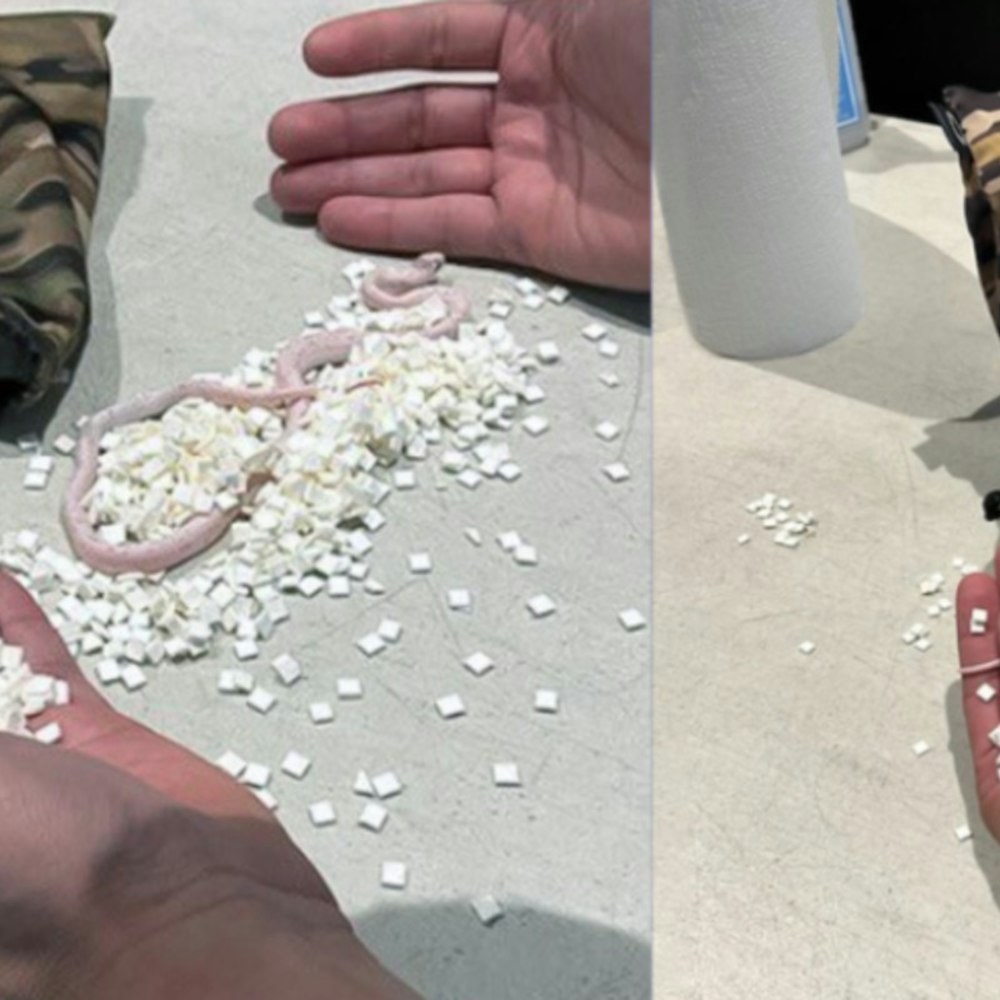
In a breakthrough for personalized health monitoring, researchers from the University of Massachusetts Amherst, backed by a National Science Foundation grant, are developing a sweat-analyzing patch that could revolutionize the way we understand and manage individual health. This innovative tool, akin to a temporary tattoo, promises to make sweat analysis accessible outside the walls of medical labs.
Assistant Professor of biomedical engineering Dmitry Kireev is spearheading the project, focusing on biomarkers like cortisol that hint at various health conditions such as stress and Addison's disease, according to the research details published UMass Amherst News. Graphene, touted for its transparency and conductivity, is the chosen material for these sensors, creating a temporary tattoo that adheres perfectly to the skin without the need for any additional glue and moves seamlessly with the wearer, not to mention its compatibility with even non-professional hands.
Traditional sweat analysis is often restricted to clinical settings, where advanced equipment such as refrigerated liquid chromatography mass spectrometry units parse through samples - a process both time-consuming and costly. Kireev's tattoos promise a simplified process, potentially ushering in a new era of day-to-day wellness checks, right from the comfort of one’s home. "These are all refrigerator-sized machines that are amazing—they could measure all your sweat—but you need to swab the sweat sample, store and analyze; the process is slow and cost-ineffective," Kireev noted in the UMass Amherst publication.
By harnessing the ubiquitous nature of human sweat and coupling it with advanced graphene technology, the potential for this wearable tech extends beyond disease detection to everyday health management for something like monitoring cortisol's effect on circadian rhythm, which could provide insights into a person's sleep patterns, and beyond the current scope, future iterations may detect additional compounds such as glucose and estrogen, Kireev and his team are combining research on passive graphene electrodes and rigid biosensors to create a device that's both functional and unobtrusive.
The nearly $200,000 EArly-concept Grant for Exploratory Research (EAGER) from the NSF evidences the promising horizon of this wearable technology, which falls in line with the burgeoning trend of personalized healthcare, where individuals seek to take charge of their well-being through technology. As the UMass Amherst initiative moves forward, it has the potential to shape the future of personal health monitoring, making comprehensive health data a routine and integral part of everyday life.









